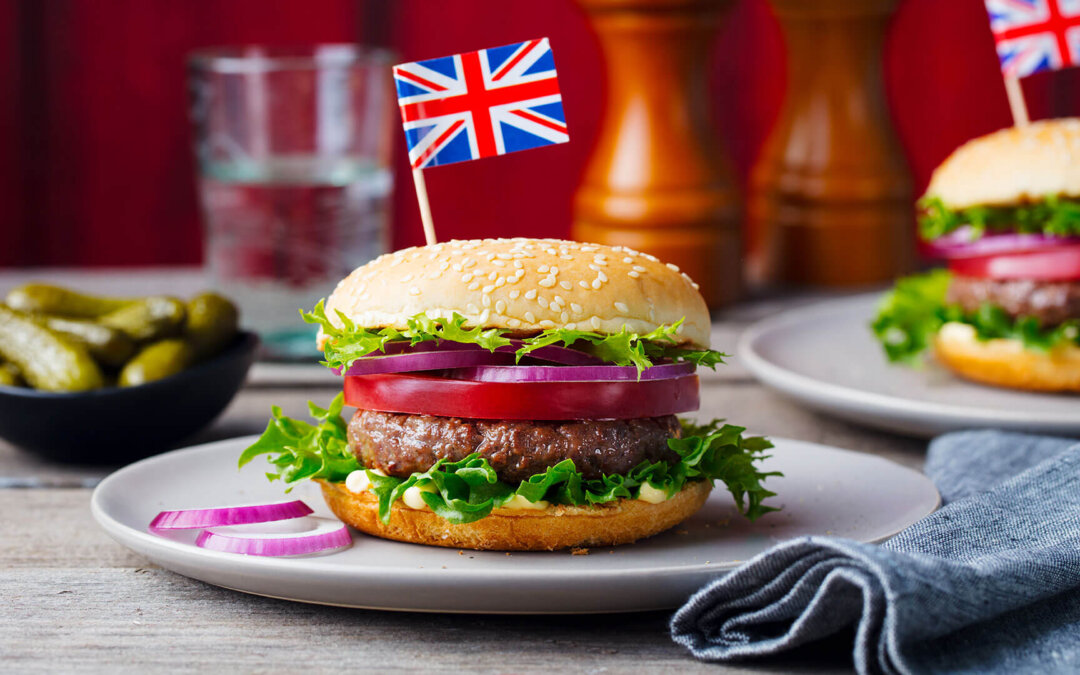
9 Idioms about Music
Hi everyone, ‘9 Idioms about’ series is back! I hope you find today’s post handy as usual. I hate sounding like a broken record, but it is crucial to reiterate some points you need to know when using idioms: Only use idioms if you understand their meaning and know...

9 Collocations: Adjective + Noun
What is a collocation? A collocation is a group of words that often go together. Some collocation examples are do homework (NOT make homework), heavy rain (NOT strong rain), fast food (NOT quick food), to name a few. Why learning collocations? Collocations make it...

Saltwater Intrusion in Mekong Delta
I made my promise last week to give you more details on the issue of saltwater intrusion in Mekong Delta, so here I am. Having considered different approaches to present the information, I believe nothing beats the visual illustration in the form of mind map. I have...

9 Words about: SOIL SALINITY IN MEKONG DELTA
As much as I seek to teach myself about global issues, pressing problems in my homeland are of equal significance. This week, I would like to draw your attention to Mekong Delta – our nation’s most fertile region, rice granary and aquaculture hub – which has been...

9 Words about: RACISM
For the past few days, I have been very hesitant to repost threads about #blacklivesmatter thinking that my friends have already been bombarded with the news constantly appearing on mainstream media, especially social networks.

American Vs. British English: Food & Drinks
There is an old saying that America and Britain are “two nations divided by a common language.” The most noticeable difference between AmE and BrE is probably vocabulary, and there are hundreds of everyday words that are different. As a long-time learner of English, I...

American Vs. British English: Spelling Differences
An easy tip to distinguish AmE from BrE is that American spelling is fairly shorter and more straightforward. This is because AmE tends to simplify spelling of certain words in accordance with the phonetic principle. Simply put, words are more likely to be spelled as...

Other ways to say: A LOT
‘A lot’ is a piece of land, so if there is a lot of something, it means there is a large amount of it. In everyday conversations, ‘a lot’ is actually used… a lot. Here are a few examples of how the phrase is so commonly used (if not overused): "I like dark chocolate a...

Common Errors With Subject-Verb Agreement
Every sentence has a subject and a verb. The subject and the verb must make logical sense together. In other words, they must agree in number with each other. Below is the list of grammar points regarding subject-verb agreement that have perplexed learners of English...

IELTS Writing Task 2: How to give effective examples
“I can’t think of any examples to write.” “What’s wrong with giving a personal story as an example?” “Is it okay if I just make up an example?” “I use ‘for example’ and ‘for instance’ all the time, are there any other ways of giving examples?” These are among the most...

“I really feel like I lived my whole life searching for who it is that I am, what it is that I value, and what I’m supposed to do with those two things, and I found it [my true calling] in teaching.”
KNOWLEDGE IS POWER
get some more ...
